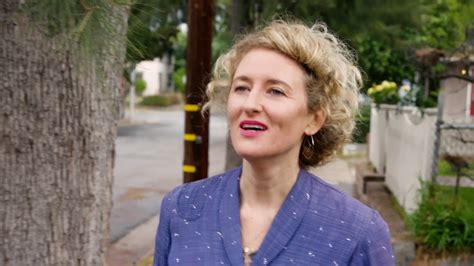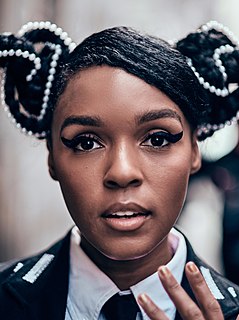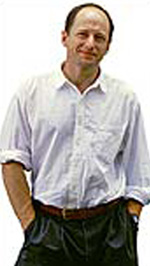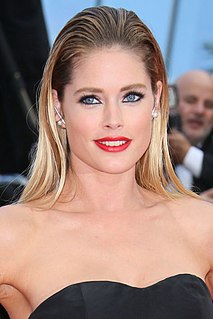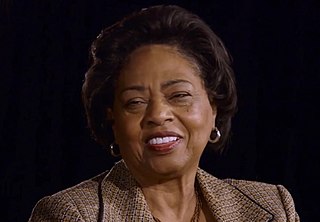A Quote by Louise Erdrich
I feel myself becoming less a person than a place, inhabited, a foreign land.
Related Quotes
I usually cast myself in things because acting is how I best relate to artistic impulses. It's what I've wanted to do since I was a child, so a scene usually plays itself out in my head with me performing it. And if I cast myself that's one less person I have to pay, one less person I have to explain my vision to, one less person I have to worry about.
I, in my own mind, have always thought of America as a place in the divine scheme of things that was set aside as a promised land...Any person with the courage, with the desire to tear up their roots, to strive for freedom, to attempt and dare to live in a strange and foreign place, to travel halfway across the world was welcome here.
When we enter the landscape to learn something, we are obligated, I think, to pay attention rather than constantly to pose questions. To approach the land as we would a person, by opening an intelligent conversation. And to stay in one place, to make of that one, long observation a fully dilated experience. We will always be rewarded if we give the land credit for more than we imagine, and if we imagine it as being more complex even than language. In these ways we begin, I think, to find a home, to sense how to fit a place.
The benefits of becoming fluent in a foreign tongue are as underestimated as the difficulty is overestimated. Thousands of theoretical linguists will disagree, but I know from research and personal experimentation with more than a dozen languages that (1) adults can learn languages much faster than children when constant 9-5 work is removed and that (2) it is possible to become conversationally fluent in any language in six months or less. At four hours per day, six months can be whittled down to less than three months.
With kids, I have less time for things like masks - though I do try to treat myself, after they've gone to bed, to a mask or something. It's kind of funny because, as you get older, you probably need to do more in terms of beauty, but actually, you have less time to do it. But becoming a mother has made me a stronger person.
What we experience in our childhoods that comes to seem normal, or even inevitable, is that if you are placed in a hierarchy, you probably are immediately anxious about going further down and you're striving to go further up, so your energies get placed into becoming "more than," or at least not becoming "less than," instead of becoming "part of."
We have landowners, small growers. We have people who are holding onto land that was acquired by their families after slavery. They need to produce some of the food we eat, so they can pay the taxes and hold onto the property. Taxes keep going up. We, and by we I mean black people, are rapidly becoming a landless people. Our ancestors, coming out of slavery, acquired more than 15 million acres of land. Today, we're probably down to less than 2 million acres.


